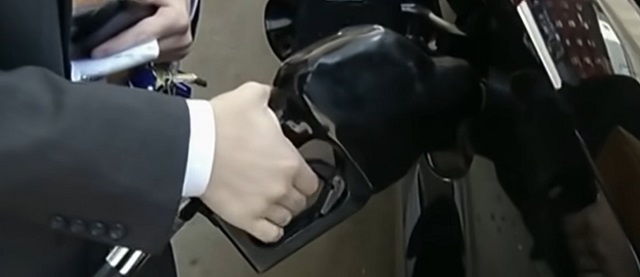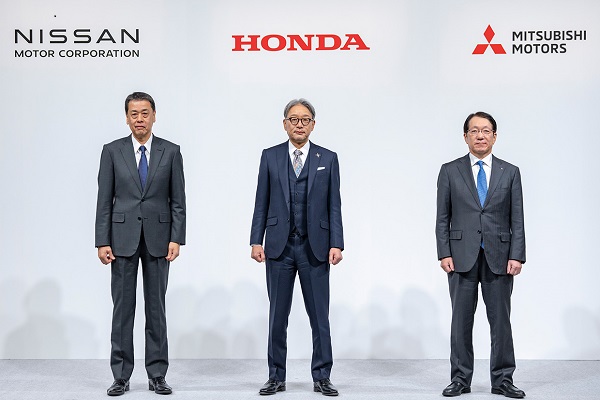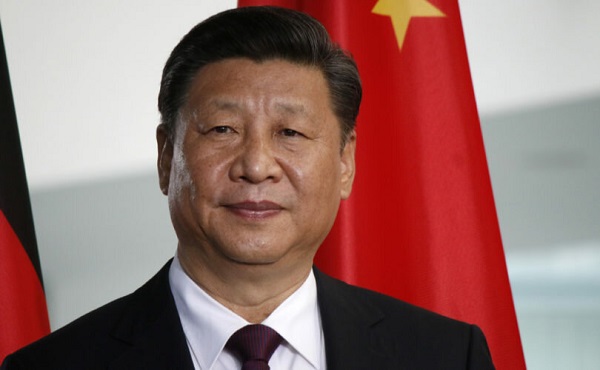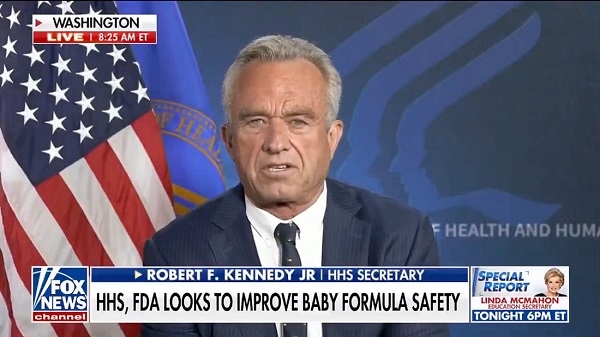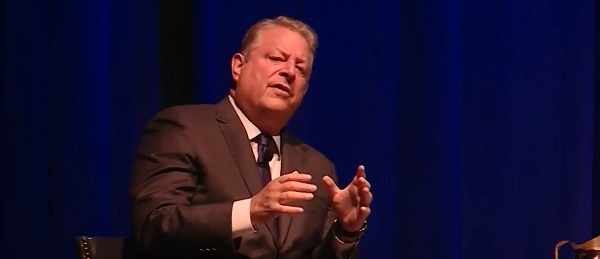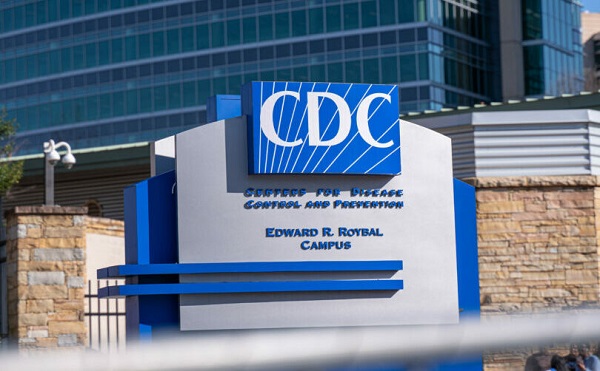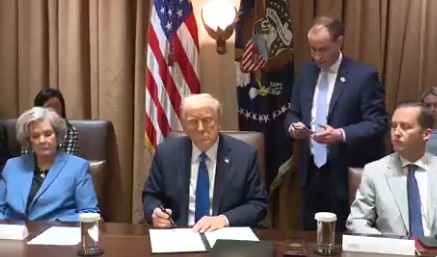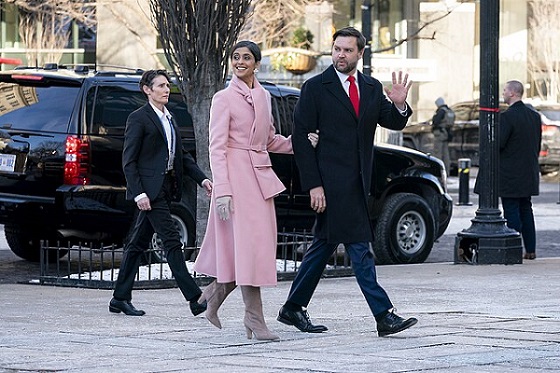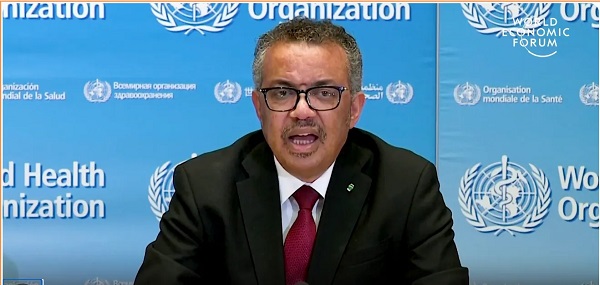By KEVIN MOONEY
Automobile consumers who treasure the open roads during the summertime could upend the presidential campaign and U.S. Senate races in surprising places if public opposition to electric-vehicle mandates and other regulations continues to rise.
That is what some recent polls suggest and it certainly helps to explain why the Biden administration is poised to artificially reduce fuel prices by selling one million barrels of gasoline from an energy reserve in New England timed with the summer driving season and in anticipation of the November elections.
Since the East Coast consumed in excess of three million barrels a day of gasoline last June, it is not evident that having an additional one million barrels on the market will make an appreciable difference.
Moreover, there is an argument to be made that by tapping into the reserve Team Biden is leaving the region open to cyberattacks that would disrupt energy supplies. (Recall, that is precisely what happened throughout the southeast in 2021 when a ransomware attack hit the Colonial Pipeline.)
But even in the absence of any cyber drama, the cumulative effect of President Joe Biden’s anti-energy agenda is already registering with consumers who benefit from affordable, reliable energy. This is particularly true where conventional, gas-powered cars are concerned.
On holiday weekends, cars erase differences, bring families together and improve the quality of life. The American Automobile Association (AAA) predicts almost 50 million people will travel 50 miles or more from their homes to celebrate Independence Day over the weekend of June 30 to July 4.
This would represent an increase of 3.7% from 2021 bringing travel volumes to where they were prior to the COVID-19 pandemic in 2019. This increase will be particularly acute with AAA expecting 42 million Americans to hit the roads this coming Independence Day.
But what about those EV mandates?
President Biden and California Gov. Gavin Newsom, a fellow Democrat, remain undeterred by the paucity of charging stations, the limited range of EV’s, their exorbitant costs, and the vulnerability of foreign supply chains leading back to China as they press ahead with new regulatory initiatives. Biden’s Environmental Protection Agency finalized a tailpipe emissions rule in March aimed at coercing automakers into selling more EVs while the California Air Resources Board is pressing ahead with a “zero emissions” rule the board approved last year to meet Newsom’s stated climate goals.
California is clearly working hand in glove with the Biden administration to achieve zero emissions goals for vehicles by 2035. This effort will most certainly limit consumer choice and raise costs.
Despite all the subsidies and regulatory schemes developed to favor EV’s, they represent only about 1% of the 290 million vehicles in the U.S. today. Meanwhile EV costs continue to soar.
Recent studies also show that EVs, on average, are more expensive to own and operate than their gas-powered counterparts. So how should consumers respond to the regulatory onslaught?
Enter the “Save Our Cars Coalition,” which includes 31 national and state organizations devoted to preserving the ability of consumers to select the vehicles most suitable to their needs.
Tom Pyle, president of the Institute for Energy Research, a coalition member that favors free market energy policies, views cars as an integral component of American life. The Biden-Newsom regulations amount to what Pyle describes as “an assault on American freedom.”
“In a nation as expansive as the United States, cars are not merely vehicles, they are integral to the American way of life,” Pyle says. “They play a pivotal role in our daily lives, especially in suburban and rural settings. This modern-day prohibition would outlaw a product and a value–in this case, gasoline-powered cars and trucks that have created personal mobility on an unprecedented scale – that it cannot persuade people to forego themselves.”
The coalition is perfectly positioned to make EV mandates a campaign issue in areas where the affordability of cars capable of traversing long distances without frequent stops is very much on the minds of voters. State officials who continue to double-down on California-type regulations will only serve to bolster the coalition’s arguments.
By contrast, states that break free from California’s emissions standards could become surprisingly competitive in the presidential race. Virginia Gov. Glenn Youngkin, a Republican, recently announced that he would end California’s EV mandate in his state by the end of this year. Although Virginia hasn’t backed a Republican for president since George W. Bush was re-elected in 2004, polls show Biden and Donald Trump are in a dead heat. The former, and perhaps future Republican president, is on record opposing Biden’s EV mandates.
By contrast, Gov. Phil Murphy of New Jersey, a Democrat elected in 2017 and re-elected in 2021, is moving full speed ahead with a California-type mandate requiring all new car sales to be electric by 2035. Polls show Murphy’s Jersey constituents are not keen on the policy change. In fact, more than half of state residents say they are not inclined to buy an electric car even with the mandates.
New Jersey has not voted for a Republican presidential candidate since George Bush Sr. won the state in 1988. But fresh polls show Biden leading Trump by just seven points in the Garden State. It is worth noting that New Jersey has a large block of unaffiliated voters that can be pliable in tight races such as the most recent gubernatorial campaign.
Murphy almost lost his re-election bid to Republican Jack Ciattarelli, a former assemblyman and businessman, who came within a few percentage points of pulling off an upset. Trump’s campaign rally in Wildwood, N.J., that attracted more than 100,000 people could also serve as a barometer for a potentially close election. A beach resort community, Wildwood is practically inaccessible without the kind of vehicles Biden and Newsom are attempting to ban.
The big prize though may be Pennsylvania where Trump is leading Biden in recent polls. There is also a competitive U.S. Senate race in that state between Sen. Robert Casey Jr., the Democratic incumbent, and Dave McCormick, the Republican challenger.
Polls show Casey is only ahead by six points. So far, Casey has been ducking and avoiding any questions about his position on EV mandates. With Trump already leading, and McCormick gaining in the Keystone State, anyone running on a platform of “Save Our Cars” could have a field day.
Kevin Mooney is the Senior Investigative Reporter at the Commonwealth Foundation’s free-market think tank and writes for several national publications. Twitter: @KevinMooneyDC
